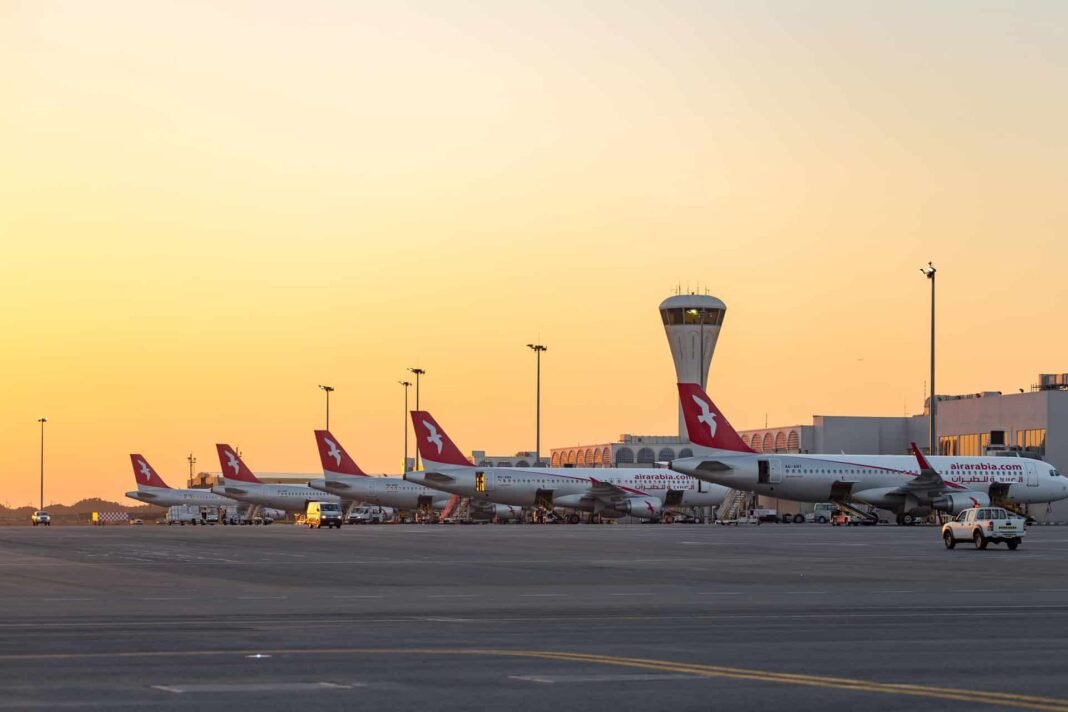Sharjah Airport has fully resumed flight operations after a brief disruption caused by airspace closures in the GCC. The closures followed military activity in the region, specifically Iran’s strikes on a U.S. base in Qatar. These events forced several Gulf countries to temporarily restrict their airspace, impacting flight schedules.
Despite the sudden disruption, Sharjah Airport acted quickly. Officials said the airport is now running at full capacity and maintaining close coordination with airlines and aviation authorities. They emphasized that operations continue to meet high standards for efficiency and quality.
Travelers can now expect normal movement through the airport. However, Sharjah Airport has advised passengers to remain alert to possible changes. The airport urged all travelers to check their flight status before arriving.
Other regional airports also felt the impact of airspace closures in the GCC. Dubai International Airport, for instance, worked with airlines to minimize delays. Even so, some flights experienced rerouting or minor delays. Dubai’s Media Office stressed the importance of checking with airlines for updates.
Emirates Airline confirmed rerouting several flights on June 23. However, none of these flights required diversion. Etihad Airways also took precautionary steps and rerouted some of its flights on June 23 and 24. Meanwhile, Air Arabia, based in Sharjah, released a notice confirming disruptions due to the restricted airspace.
Abu Dhabi’s Zayed International Airport also responded with a public notice. It urged travelers to verify flight schedules with their airlines before heading to the airport.
In a separate development, Pakistan extended its airspace ban on Indian aircraft until July 23, 2025. This ban affects all Indian-registered, operated, owned, or leased aircraft, including military planes. The Pakistan Airports Authority issued a new NOTAM, updating the previous deadline of June 24.
Although flight operations have mostly normalized, airlines continue to monitor the situation closely. The region remains tense, so unexpected changes could still occur.
Travelers in the UAE and surrounding areas must remain cautious. They should monitor updates from airlines, especially while airspace closures in the GCC remain a concern.





